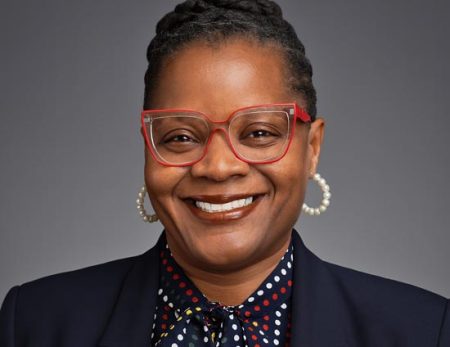Elder Law Attorneys Provide Specialized Services
As they age, seniors, their families, and their caregivers face an array of potential problems, legal issues, and needs.
By Cathie St. John-Ritzen
As they age, seniors, their families, and their caregivers face an array of potential problems, legal issues, and needs. Health problems and unexpected expenses, new housing needs, loss of memory, disposition of property, might all need to be addressed.
As more and more
people live into their 70s, 80s, and 90s, legal specialists have
developed expertise in what is now called Elder Law.
Elder law is a holistic approach to the broad range of legal needs that confront seniors. Elder law attorneys help seniors control their lives by arranging “power of attorney” and “healthcare power of attorney” documents, which allow a designated person to make decisions if an elder is incapacitated. The attorney can help with Medicare, Medicaid, and Social Security, and with a senior\’s rights as a nursing home resident or hospital patient. The attorney can respond to complaints of elder abuse, neglect, and exploitation, and of course help with estate planning. In other words, rather than focusing on a specific type of law, elder law attorneys serve a specific type of client — seniors and their caregivers.
A qualified elder law attorney can discuss — personally and confidentially — a wide range of subjects that seniors and their families should be informed about. Because many of the difficulties faced by seniors are unexpected — stroke, loss of memory, Alzheimer\’s, incapacity — it\’s important to plan ahead.
Documents such as a power of attorney, a healthcare power of attorney, and a declaration of a desire for a natural death (a “living will”) must be signed when the signer still has the capacity to understand what they do and how they work. For those with developing memory loss, it\’s crucial to arrange these documents early.
It\’s also valuable to have long-term care insurance. If a senior becomes disabled and requires care at home, in an assisted living facility, or in a nursing home, long-term care insurance can keep a family from losing a senior\’s entire estate. Since premium rates often depend on health and age, it is important to investigate the options early. Those for whom long-term insurance is not an option, either because of ineligibility or cost, should ask an elder law attorney to explain the details of Medicaid, which can cover some care.
Not all clients of elder law attorneys are seniors. Many elder law clients are Baby Boomers caring for an aging relative. The elder law attorney can help caregivers with such issues as obtaining a guardianship of a parent who can no longer handle his or her own affairs and failed to get the necessary planning documents prior to this lack of ability.
Elder law attorneys also can help caregivers understand the complexities of Medicare and Medicaid should their parents need this information. They can help a caregiver who suspects that a parent or loved one may be a victim of elder abuse in a nursing home or a victim of a scam.
Finally, elder law attorneys may either administer a trust or assist a trustee in administering a trust, and, of course, administer or assist in the administration of an estate (probate) upon the death of the senior.
One of the biggest problems with aging is that many seniors and their families wait until a crisis to act. Advance planning can make all the difference for an elderly loved one\’s future. Without planning, options may be limited and assistance can be much more complicated and costly.
The easiest way to locate an elder law attorney is to consult the Yellow Pages. Look in the “Attorney” section and then go to the “Elder Law” category. On the Internet, visit the National Academy of Elder Law Attorneys at www.naela.org and click on “Public,” then “Locate an elder law attorney.” This site will give you the names and other important information regarding elder law attorneys in your area. Other important resources are the Council on Aging and telephoning 211.








